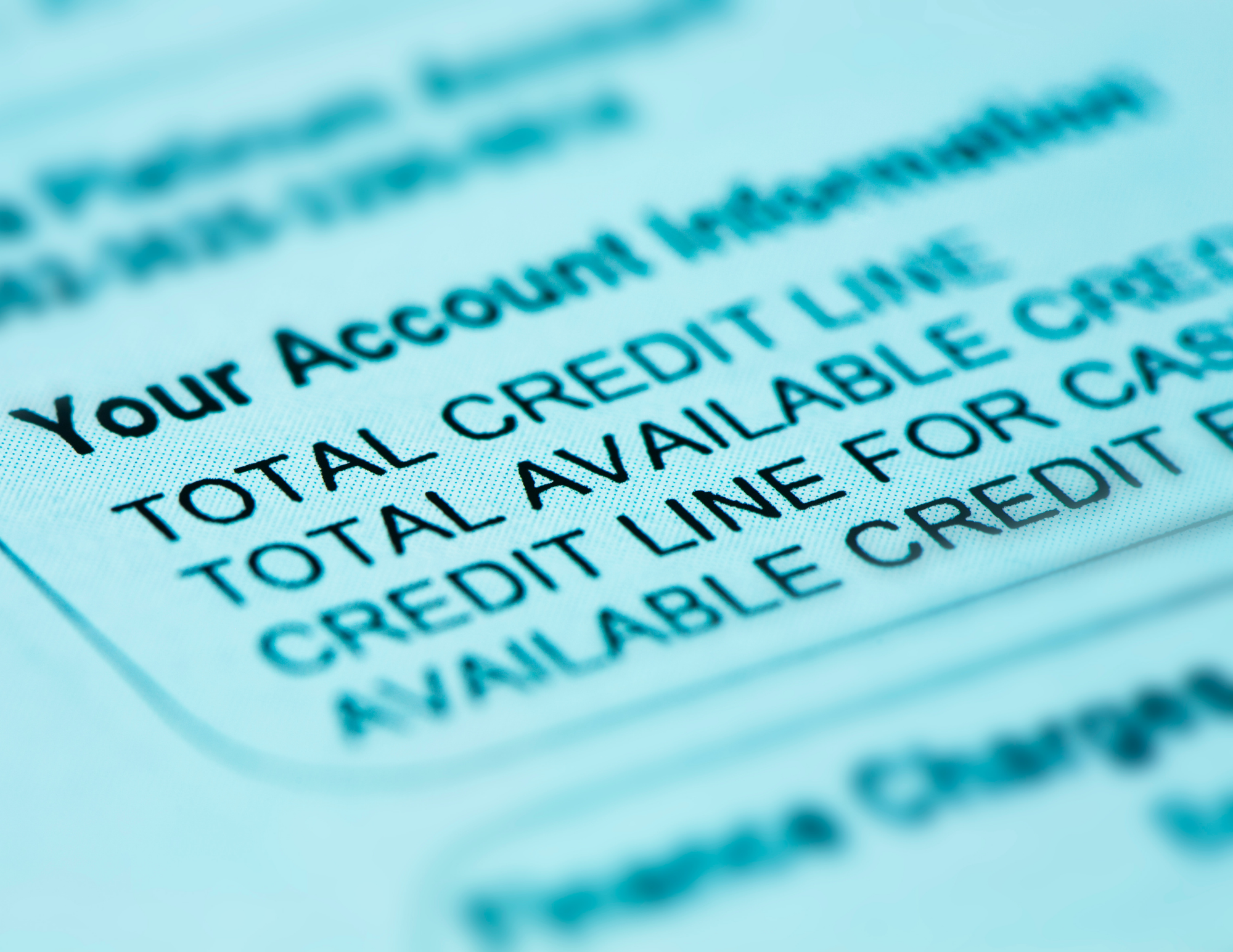Bayport Blog
How to divorce bad debt
Published: February 21, 2022
Categories: Financial wellness
Tags: Bad Debt, Clear Debt, Debt Advice

When it’s over it’s over, right? Just like you should call it quits when a relationship no longer serves you, you also have to break up with bad debt – and bad debt habits – that hold you back.
Before we look at how to divorce your bad debt, let’s remind ourselves of the difference between good and bad debt.
According to Robert Kiyosaki (the guy who wrote Rich Dad, Poor Dad), bad debt is used to buy liabilities such as flashy cars, vacations and clothes, and even emergency funds for things you don’t have the cash to cover. It is called bad debt because it makes you poorer.
Good debt, on the other hand, makes you richer because it is used for things like education, investment properties or growing your business that will, in the longer run, make you richer.
Many of us are stuck in a cycle of bad debt, and that’s the debt you want to divorce.
Here is how:
1. Get your mindset right.
You cannot solve a problem with the same thinking and habits that created it. Therefore, divorcing your debt starts with a firm decision that you want to get out of debt, and stay out of debt. Understand that it will mean changing your financial habits, and make a deal with yourself to do it.
2. Get the full picture.
Before you can start working on your debt, you have to know exactly what the situation is. The best place to start is with your credit health report. Bayport can help you get the report and one of our consultants can help you understand the information, if you need it. Your credit report shows all your debt, along with which of your accounts or loans are in arrears.
3. Understand what your options are.
Contact your credit providers to find out what they can do to help you. It is in their interest for you to repay your debt, so in most cases they will be willing to help you make a plan.
4. Consider debt consolidation.
When you have several loans, debt consolidation is almost always a good strategy. Consolidation means taking out one bigger loan to settle all your other loans, leaving you with only one monthly instalment. Very often, this one payment is less than the total of your instalments on the many different loans. A Bayport consultant can help you with this process.
5. Be careful about debt review and debt administration.
In certain circumstances, such as when you risk losing your house or other assets, debt review is the best strategy. In most other cases, debt consolidation will be better for you. Make sure you understand exactly what each process entails before you sign a contract.
6. Work your budget.
Now that you know what your debt situation is and have made plans with your credit providers, work on your budget. Which of your expenses can be reduced or cut out altogether? The goal is to find every extra cent you possibly can so that you can increase your debt payments.
7. Prioritise your debts.
Don’t try to tackle all your debts at the same time. Focus on paying off one debt as soon as possible and then use that debt’s monthly instalment to increase your repayment on another debt, and so on. You can either start with the loan with the highest interest rate, or the smallest loan that you can pay off the quickest.
8. Don’t make any new debt.
You cannot get out of debt if you keep taking out new loans. The only loan you should consider as part of divorcing your debt, is a consolidation loan.
9. The way forward.
Once you have achieved your debt-free goal, don’t fall back into the money habits that landed you in trouble before. Set financial goals for yourself, track your expenses and work with your budget, and use the money you used to spend on debt repayments to build up a savings account.
10. Ask for help and support.
Remember, you don’t have to solve your money problems on your own. Ask for help from a knowledgeable Bayport consultant, and get support from friends or family members who already have healthy money habits. And, most important, keep learning about money and how to manage it.
Go back